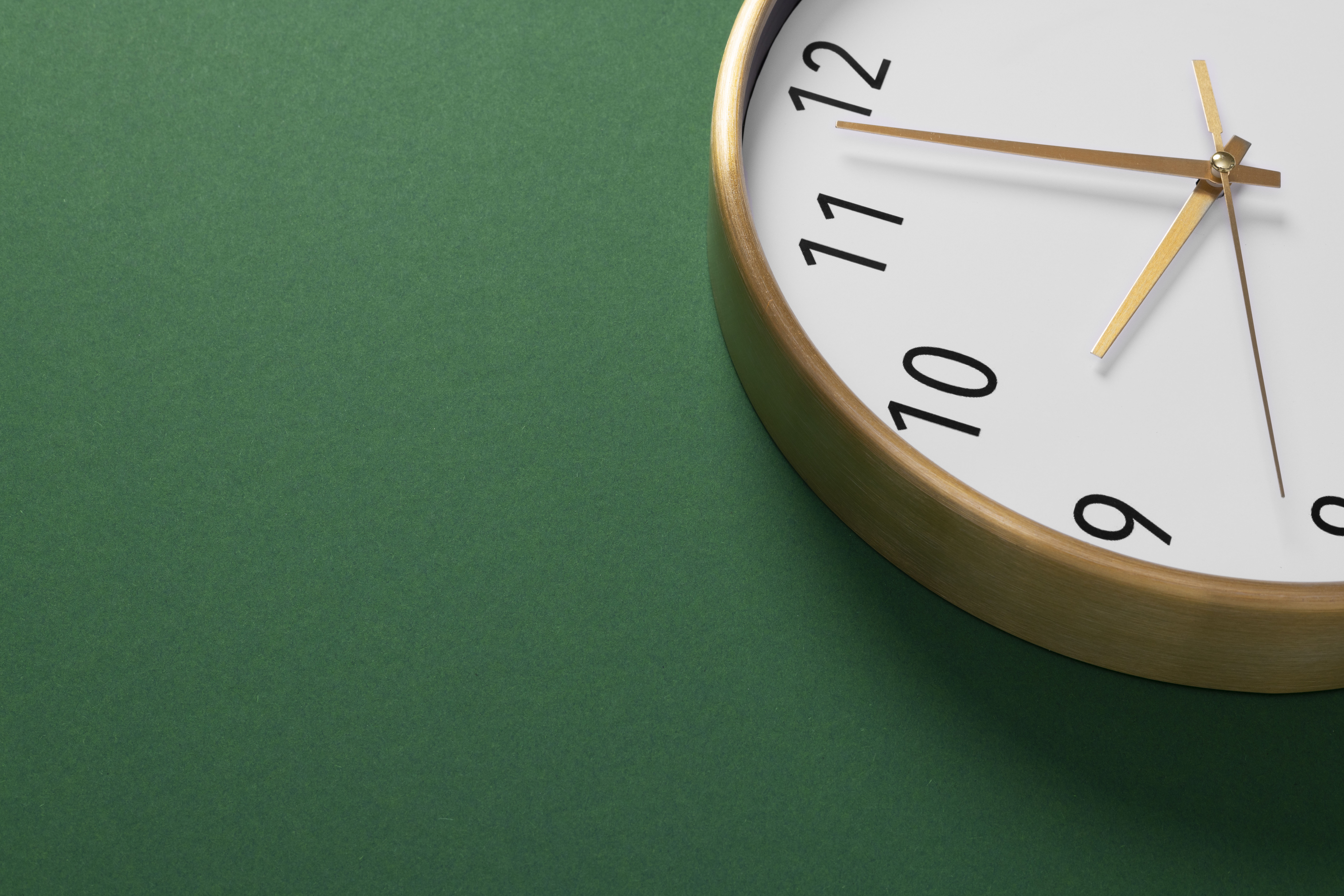The best time to study and how to study is a very subjective approach, different minds grasp it differently. There are a lot of myths that run around regarding this topic. So what do you believe is the best time to study and memorise? Which time had better results for you?
The answer may vary, as mentioned earlier, the context and interpretation are subjective but you still can manage to handle it well. Recognising which is the best study time for you is paramount. Let’s dive into this topic and understand everything in bits and pieces all at once.
How to Increase Memory?
Various memory techniques have proven to be a good conductor of intelligence and grasping power. One of which includes yoga techniques, specific food items, etc.
However, an individual's chronotype, cognitive processes, and circadian rhythms are a portion of the factors that affect the human brain's ability to process, store, and retrieve information. Understanding these factors can significantly enhance one's learning results and academic performance.
How do Circadian Rhythms and Cognitive Performance help you decide your study time?
Circadian rhythms or the body’s internal clock is a basic regulation of bodily functions. It is a 24-hour cycle influenced by light and dark, so control your daily activities: mental, physical and behavioural changes. The cohesion of circadian rhythms and cognitive performance.
Though this might differ from person to person, yet the generic idea remains consistent for almost everyone. Studies have shown that the time between 10 am and 12 pm and around early evening are peak periods. You experience consciousness, alertness, and memory function more energetically and enhanced than usual.
Learning about your circadian rhythm is paramount. It makes you understand whether you are a morning person (lark) or an evening person (owl). Larks can efficiently study better and memorise more during the morning vice versa goes with owls.
When Should I Study?
When is the ideal time to study?
Many students and teachers are looking for which time is best for study and memorise. Well, it is personally your choice when you should study and how much time you should study. But let’s figure out which time is ideal for you and whether it is morning, afternoon, evening, or late night. Let’s explore:
-
Mornings:
Good for: retaining new information, reviewing subtleties, and dealing with complex ideas.
Benefits: improved memory review; fresh perspective; serene surroundings; natural light enhances sharpness.
Ideal tasks: reading fresh content, reviewing notes, and remembering facts.
-
Afternoons:
Good for: revising existing information and understanding complex topics.
Benefits: increased energy levels; easily understand and seek help from the instructors; visit the library.
Ideal tasks: implementation of ideas, problem-solving, and attending seminars and meetings.
-
Evenings/Nights:
Good for: people who have more energy in the evening; concentrating on creative tasks; minimising disruptions.
Benefits: fewer disruptions, a peaceful setting, and the possibility of developing fixation and imagination even further.
Ideal tasks: writing assignments, organising ideas, and practice for math tasks, etc.
How Much Time Should I Study?
The length of time you should spend studying will depend on your objectives and the subject matter. Here are a few broad recommendations:
- A good study session should last at least sixty minutes.
- Students should study for two to three hours every hour in class.
- You can study for approximately 8.6 hours each day, on average.
- Establish a weekly routine and set aside a specific amount of time each day for studying. This can take an hour or three hours to complete.
- Checking in with yourself at predetermined intervals will help you determine the best time to study.
Practical Strategies for Effective Study and Memorisation
Incorporating the standards of circadian rhythms and memory consolidation into one's study routine can significantly enhance learning results and academic performance. Here are a few easy steps for maximising memory retention and cognitive function:
-
Identify Peak Cognitive Hours:
Decide your optimal study time for better retention based on your individual chronotype and peak cognitive hours. Schedule study timing and memorisation tasks during these periods to leverage increased alertness and concentration.
-
Establish a Consistent Study Schedule:
Establish a consistent study schedule aligned with your circadian rhythms to improve your cognitive performance. Allocate explicit time spaces for studying and memorisation tasks, guaranteeing regular breaks to forestall cognitive fatigue.
-
Focus on Sleep and Rest:
Focus on adequate sleep and rest to help memory consolidation and cognitive function. Aim for 7-9 hours of quality sleep per night, maintaining a consistent sleep-wake schedule to improve circadian rhythms.
-
Use Active Learning Techniques:
Incorporate active learning techniques, for example, retrieval practice, idea mapping, and elaborative interrogation, into your study schedule. Engage in self-testing and active recall to fortify memory retrieval and support learning.
-
Leverage Spaced Repetition:
Execute spaced repetition algorithms or techniques, like the Leitner framework or spaced repetition software, to advance memory retention and forestall neglect. Space out study meetings after some time, gradually increasing the intervals between audit meetings for long-haul retention.
-
Create a Less-Distraction Environment:
Limit distractions and create a helpful study environment to enhance concentration. Find a tranquil, sufficiently bright space liberated from interference and eliminate digital distractions, for example, smartphones and social media.
Best Time for Study As Per Scientific Research
|
Sr. No |
Age |
Preferred Time |
|
1 |
Children (06-12) |
10 am to 2 pm |
|
2 |
Teenagers (13-18) |
10 am to 3 pm |
|
3 |
Young Adults (18-25) |
10 am to 2 pm |
|
4 |
Adults (25+) |
6 am to 9 am to 9 pm to 11 pm |
|
5 |
Seniors (60+) |
10 am to 2 pm |
How Do You Determine Your Best Time for Study?
Since science has its own predictions about study time, it is important to understand what your body says to you. You need to survey yourself so that you can determine your best time for studying and memorising.
Let’s follow the given questions:
- What is your daily routine?
- Are you an early bird or a night owl?
- How much sleep do you get per day?
- When do you feel lazy in a day?
- When do you think you can concentrate on your studies?
- When is it quiet at your place?
Final Thoughts
By now, we have understood that the harmony between physical body functions, timings and cognitive performances creates a rhythm that consolidates well with the learning capabilities. Ultimately, when we study based on scientific approaches to timing, we can excel in our academics.


